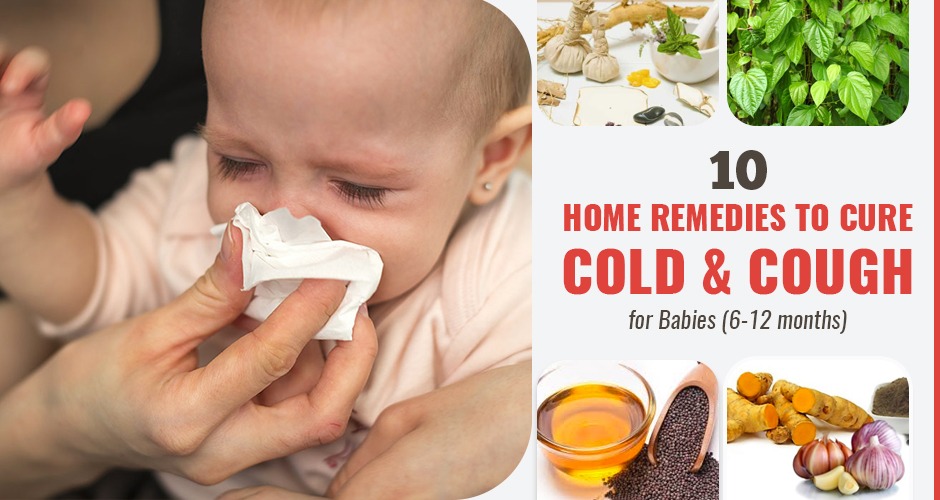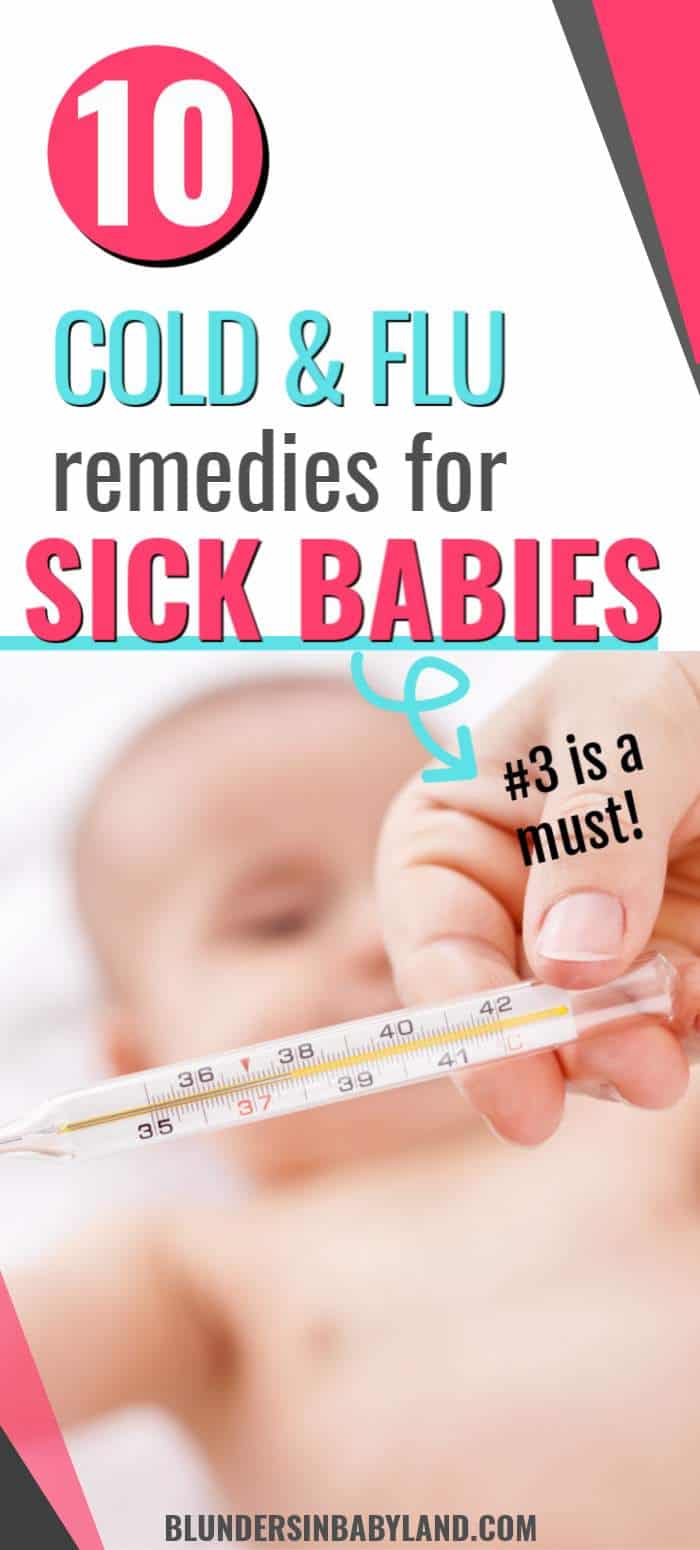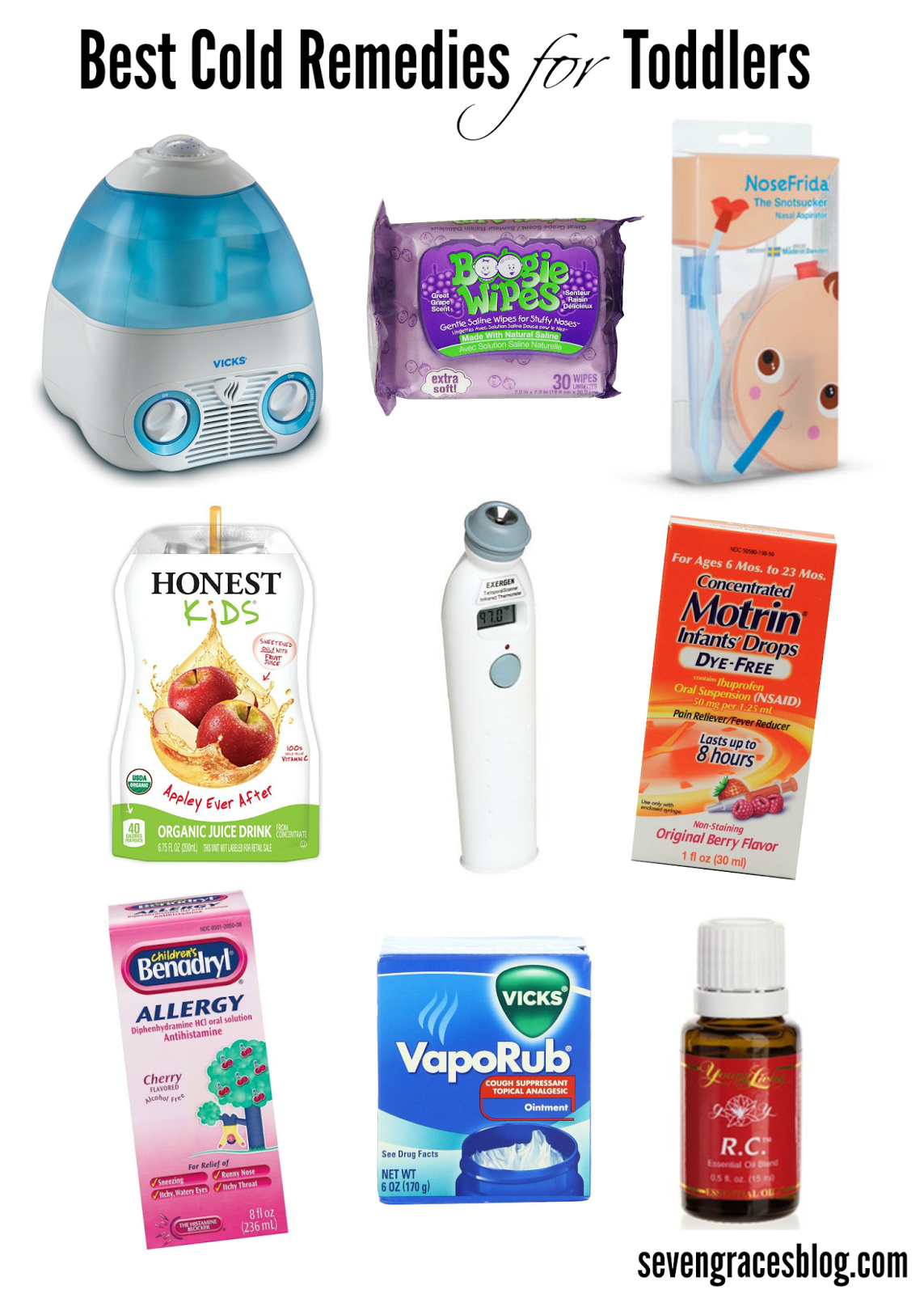Sensational Tips About How To Treat Infant Cold

If your child has a cold, the main goals of treatment are to ensure they get plenty of rest and are drinking enough fluids.
How to treat infant cold. To soothe a cough, you could try a hot lemon and honey drink, which has a similar effect to cough medicines. Runny nose (first, a clear liquid coming out; That said, there are ways to limit how many cold viruses your baby is exposed to:
Safe home remedies for colds in babies, toddlers, and kids. Honey may help coughs in adults and children who are older than age 1. You may also find that gargling with salt water helps to ease a sore throat.
Try it in hot tea. Ask your doctor about giving your child infant acetaminophen (if they're at least 3 months old) or ibuprofen (if they're at least 6 months old) if they seem uncomfortable or unusually fussy. Babies may not be able to tell their parents they're sick, but they show other signs that something is not quite right, says michael lee, m.d.
Treat mild fevers with acetaminophen or ibuprofen. Written by karen miles | jan 16, 2022. It’s best to avoid honey though if you have diabetes or have developed gestational diabetes.
Use a nasal aspirator or bulb syringe with saline drops to clear your baby's stuffy nose. Later, a thicker, often colored mucus) sneezing. Clear out mucus use an infant nasal bulb, or aspirator, to suck mucus from your baby's nose.
Hand washing is essential. Never allow anyone, not even grandma, to touch your newborn without washing with antibacterial soap and hot water!
How can i treat my baby's cold? Saline drops are great to unclog mucus in the nose. Add moisture use a saline spray to.
Place the pouch in the baby’s cot or under the pillow, the smell emanating from the pouch will help unclog a blocked nose and help relieve congestion. Once cool, tie it up in a clean muslin cloth and make a pouch. Symptoms can include a runny nose, nasal congestion, cough and fever.
Avoid ibuprofen until 6 months or older. Add 1 to 2 teaspoons of honey drink while still warm (do not give hot drinks to small children) if your child has had a cough that's lasted longer than 3 weeks, see a gp. Cover your mouth and nose when you cough and sneeze (nhs 2021a, nice 2022).
Fussiness fever coughing, especially at night sneezing reduced appetite difficulty breastfeeding or taking a bottle due to nasal congestion trouble falling or staying asleep Try saline drops in the nose to moisten the mucus and make it easier to remove. Just remember that each time your baby gets a cold, they are building resistance to future colds (nhs 2021a).


















